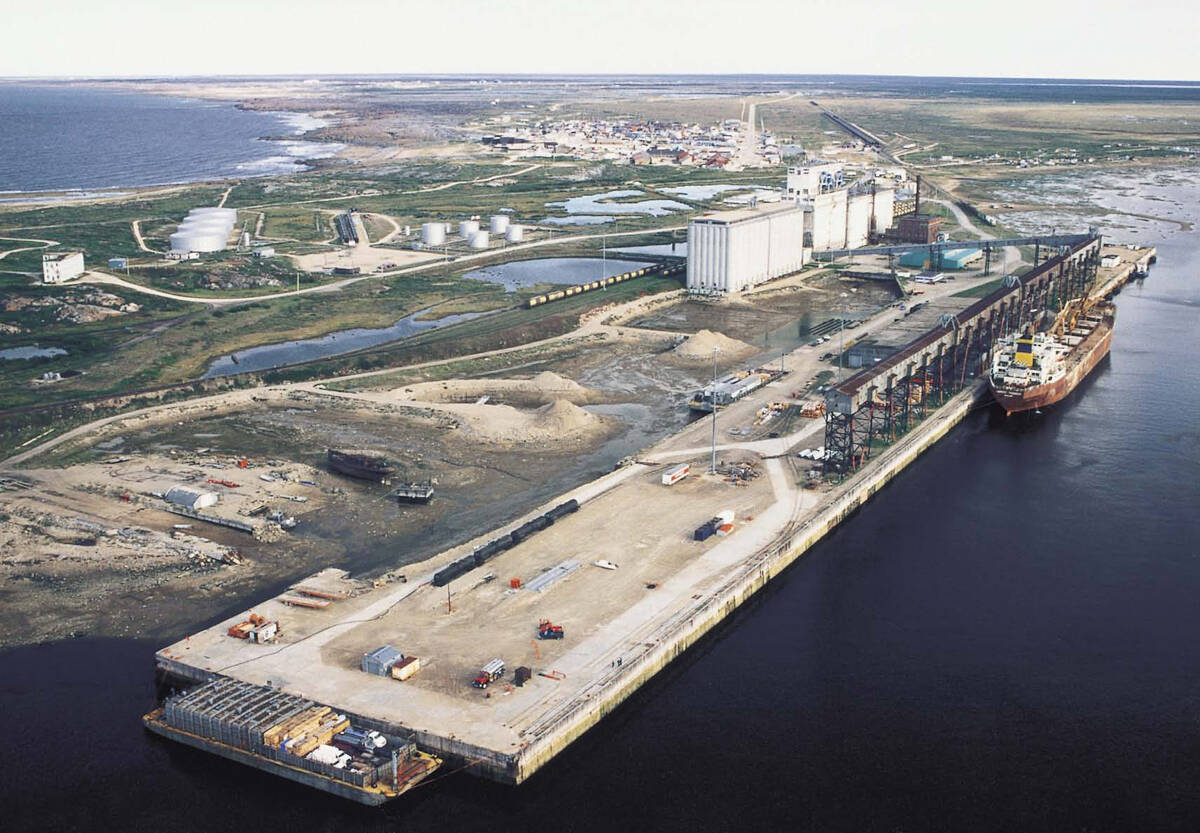CARMAN, Man. – When Brad Tronrud looks at the price of beef at the meat counter, and compares it to what he gets for his cattle, he shakes his head.
“There’s such a large margin there that I can’t see why we can’t get a little piece of it, anyway,” the Inwood, Man., producer said.
Tronrud and his neighbors came here to find out more about a proposed producer-owned packing plant, and give some money to the project.
Boosters of the Northern Plains Premium Beef project spent last week in meetings with producers in Manitoba and Saskatchewan in one last push for seed money.
Read Also

Defence investments could benefit agriculture
A bump in Canada’s NATO spending commitments could lead to infrastructure investments that would benefit rural areas
Fritz Zook, a Montana rancher heading the fund-raising drive, said the group wants to see the two provinces supply about a third of the 300,000 head the plant would handle annually.
The rest will come from producers in his state, North Dakota, South Dakota and Minnesota. The location of the plant has not been determined.
By Feb. 19, about 950 farmers had contributed money. Organizers asked for $1.35 per head for the number of cattle farmers would consider putting through the plant.
Zook wouldn’t say how much money the group has raised so far. But he did say he’s confident the project will go ahead.
“You can’t stop us now. We’re too far along,” he said.
The $1.35 will entitle producers to buy a share later that will give them the right and obligation to deliver one fed animal to the plant per year. Zook estimates shares will sell for $81.
He said the group may not get all the money in place before the March 1 deadline, but genetics companies and other large interests are waiting to contribute.
Ryan Taylor, a rancher from North Dakota, said farmers who buy into the co-op will get paid for the true value of the “Mercedes of beef” they produce. He said farmers will be paid based on retail prices rather than live weight.
A better price was one reason Blaine Pedersen of Elm Creek, Man., bought options on 200 shares.
More options
Pedersen sells almost all the finished cattle from his 1,000-head feedlot to a plant in Dakota City, Nebraska. The Northern Plains plant would give him another marketing option.
“I think that this is the way of the future, so I want to be in on the ground floor,” Pedersen said.
Robert Smith, who has a cow-calf operation near MacGregor, Man., said he bought options on 200 shares even though he doesn’t expect to ever finish cattle.
He said some farmers he talks to like the concept, but don’t see how their small operation could fit in. But Smith said it would be possible to work with neighbors or feedlots to get truckloads of finished cattle together.
Pedersen thinks unfamiliarity with feeding and shipping animals into the United States is keeping some farmers away from the project.
“They see that line as a real barrier, and it’s not a barrier,” he said.














